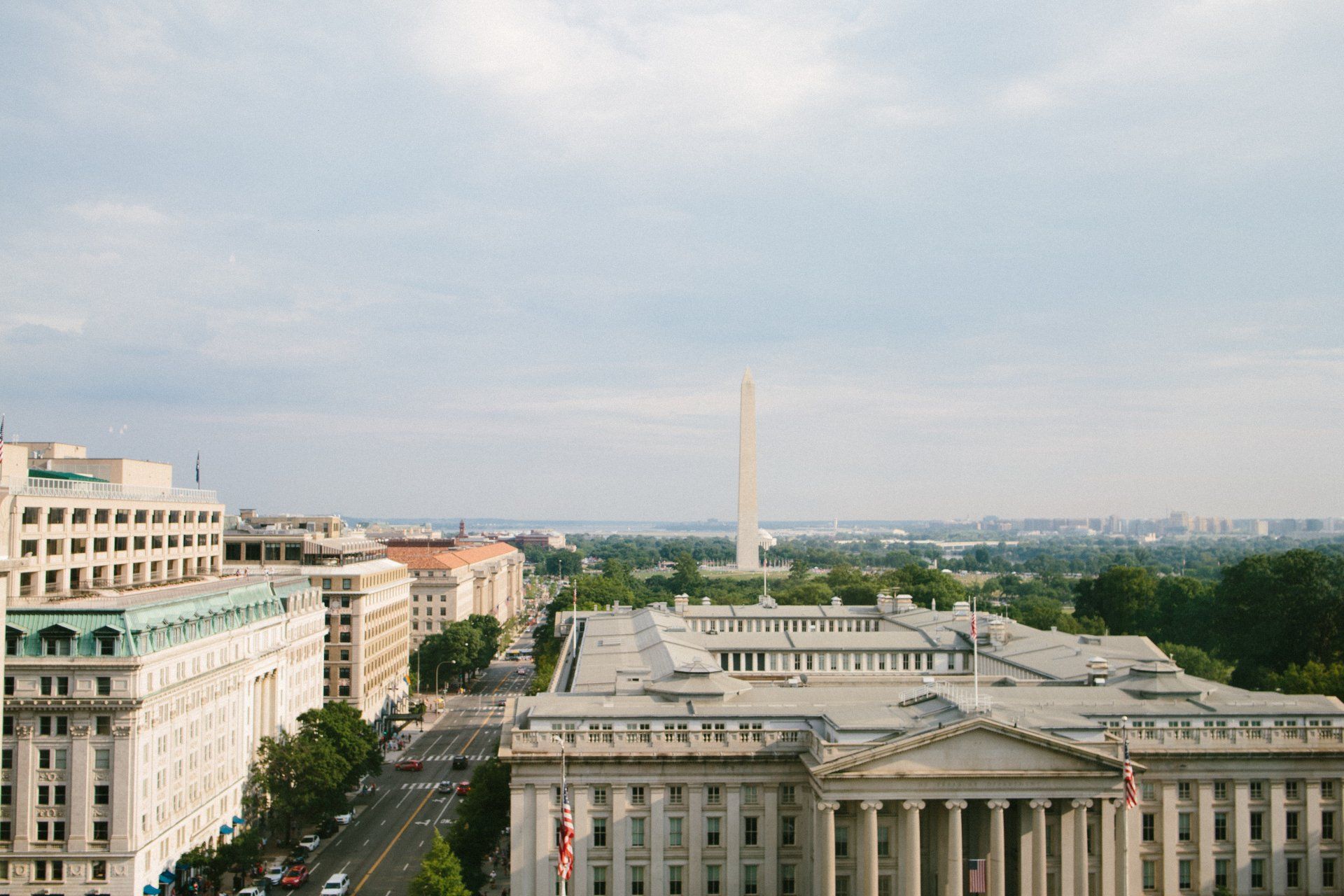ALERT: US Department of Labor Increases Salary Threshold for White Collar Overtime and Minimum Wage Exemptions

By: Trevor Brice, Esq.
On April 23, 2024, the U.S. Department of Labor (“DOL”) announced a Final Rule updating regulations governing Executive, Administrative and Professional exemptions (“EAP exemptions”) from the minimum wage and overtime rules. This Final Rule significantly increases the salary threshold for workers to qualify for EAP exemptions. In general, to qualify for EAP exemptions, an employee must 1) be paid on a salary basis, 2) at a threshold level, and 3) primarily perform EAP duties as defined by the DOL. The Final Rule does not impose any changes on the salary basis or job duties relevant in determining EAP exemptions.
After issuance of a proposed rule that received approximately 33,000 comments, the DOL in the Final Rule is increasing the salary thresholds in waves. As of July 1, 2024, the salary threshold for EAP exemptions applies to employees making $844 per week ($43,888 annually) on a salary basis. As of January 1, 2025, the threshold increases to $1,128 per week ($58,656 annually). This means that employees making under these amounts on a salary basis as of these dates are no longer exempt from overtime, as long as the other criteria for determining EAP exemptions by the DOL are met.
Additionally, the rule increases the salary threshold for the “highly compensated” employee exemption. This exemption applies when an employee meets the greater salary threshold, their primary duty includes performing office or non-manual work and the employee customarily and regularly performs at least one of the duties or responsibilities defined in the EAP exemptions. The DOL also issued the increased salary threshold for the highly compensated exemption in waves. As of July 1, 2024, the salary threshold for the highly compensated employee exemption applies to employees making $132,964 annually, including at least $844 per week paid on a salary or fee basis. As of January 1, 2025, the salary threshold for the highly compensated employee exemption raises to $151, 164 annually, including at least $1,128 per week on a salary or fee basis.
The DOL estimates that under the Final Rule, there will be four million workers newly entitled to overtime protection as of 2025. As with the FTC’s Final Rule passed on the same day, the DOL’s Final Rule will most likely be subject to challenge through the court system. However, for employers concerned with this new rule, it would be prudent to identify those positions below or close to the new salary thresholds, consider whether to change salaries given the new thresholds and conduct training as to who will now be exempt under the DOL’s final rule. If there is any gray area as to the DOL’s final rule, reach out to the local employment and labor counsel to determine if there is potential liability.
Trevor Brice is an attorney who specializes in labor and employment-law matters at the Royal Law Firm LLP, a woman-owned, women-managed corporate law firm that is certified as a women’s business enterprise with the Massachusetts Supplier Diversity Office, the National Assoc. of Minority and Women Owned Law Firms, and the Women’s Business Enterprise National Council.







